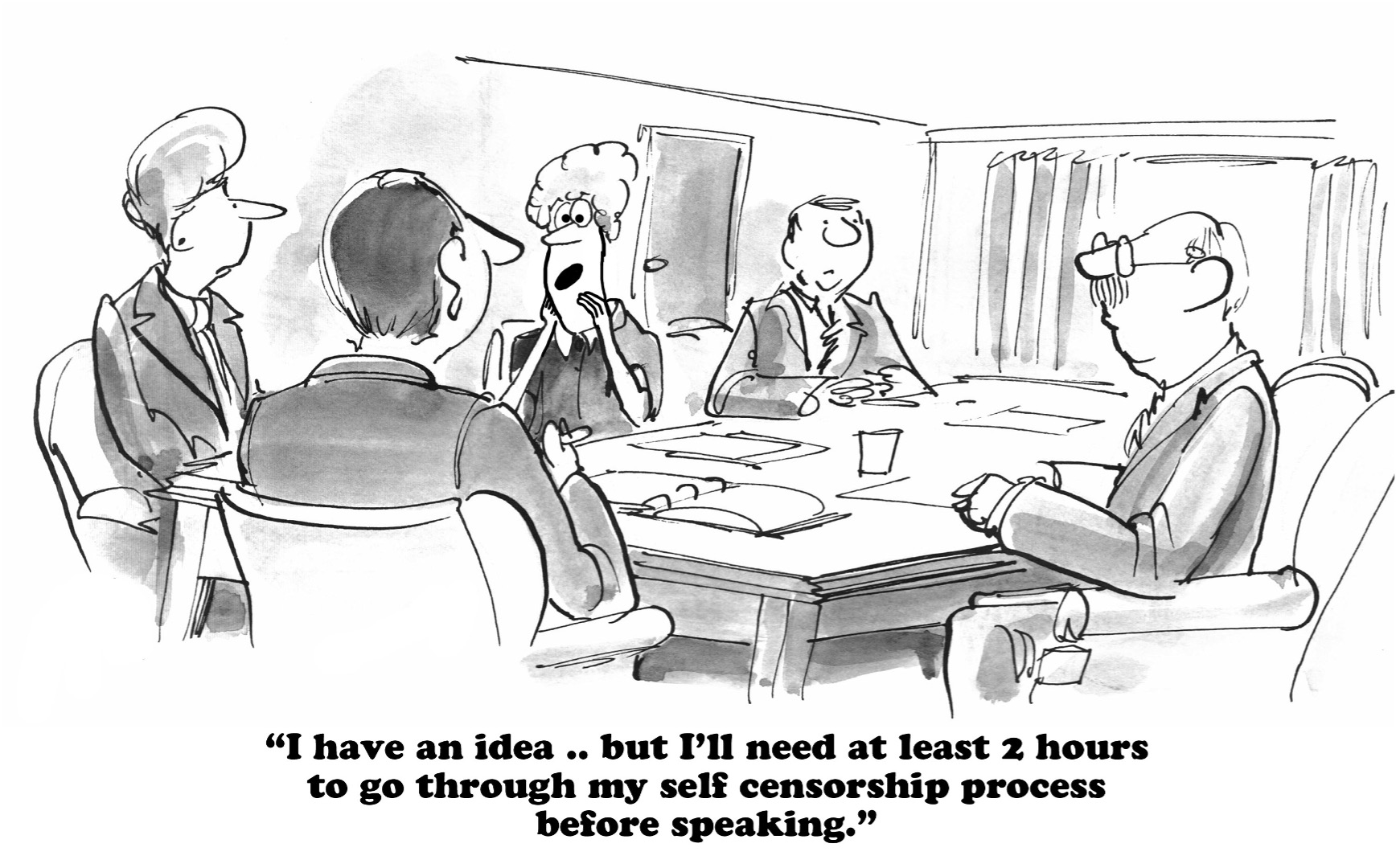- Resource Center
- Professional Development
- Articles & Videos
- Boardroom Beat #20 - Introversion is Not an Affliction that Needs a Cure: Three Things Introverts Should Know
29 March 2023
| by i3 Coaching
Boardroom Beat #20 - Introversion is Not an Affliction that Needs a Cure: Three Things Introverts Should Know
Sign up for our newsletter on globalization and localization matters.
1. Introverts have distinct super powers.
2. Introverted leaders face common challenges that may be addressed with acquired skills.
3. The best leaders combine authentic self with a willingness to be uncomfortable.
Countless leaders bring the concern to coaching that being an introvert is a handicap. They accept the socialized notion that senior leadership and introversion are mutually exclusive. Ironically, those who share this lament are invariably high achievers with careers on fast track; They are already high performing and influential. Yet, too often, self-doubt is a weight on their psyche, and it may be exacerbated by a promotion with more visibility.
“What Got You Here Won’t Get You There” was published in 2007 by leadership guru Marshall Goldsmith. Many introverts apply this tenet to their introversion. I guide them to approach this limiting belief with openness and curiosity.
Step One: Gather evidence of Introversion Superpowers.


For example;
• Listening - Intentional active listening allows others to be heard and empowered, for a variety of perspectives to be weighed.
• Observation - Pensive engagement facilitates absorption of group dynamics and non-verbal communications.
• Synthesis - Combining heightened listening and observation enables solution synthesis and consensus.
• Calm - Exuding an aura of stillness is a complement to other styles that helps teams activate with purpose.
Step two: New Tools for the Tool Kit


For example;
• Having a voice in meetings
Clients access confidence to communicate with the same focus on quality not quantity that they did en route to “getting a seat at the table.” They continue to deliver quality, not quantity of words. Words from an introvert are a gift that is measured, parsed, and paced. As their leadership evolves others “lean in” to their calm and their wisdom.
• Public Speaking
Coaching explores tools and mindsets to help with presenting to large groups. Some companies offer specific training in this area. This is not about changing self, it is about developing new skills. Preparation is key.
• Responding spontaneously in a public forum
With a preference for analysis and researched response, “on the spot” questions are sometimes a more looming concern than the presentation itself. Clients work on accessing and accelerating what they do well. Pause….assimilate…respond. They work on giving themselves grace to pause, breathe, and think. They discern when it is OK!!! not to answer immediately but suggest instead a deferred and more thoughtful response.
• Inspiring en masse
With a promotion leaders may move from motivating a team of individuals who they know and by whom they are known to a much larger number of people. They can no longer leverage being “in relationship” to motivate and inspire. Dialing up new skills helps, but so does working within 1:1 direct report relationships to mentor other leaders as the intermediaries of motivation. Finally, an expanded definition of “inspirational” allows clients to accept their own unique style of expressing passion and purpose.
Step Three: Combining Authentic Self and New Skills

The long term approach to leadership success is authenticity with continuous improvement to stretch potential. Learning new skills takes work and may be uncomfortable. Repeated new behaviors become habits. (Or, at least, more natural behaviors). Habits change attitudes. Impactful input at senior level meetings and public speaking is achievable as an introvert. I bear witness to hundreds of phenomenal leaders who classify as introverts.
And……..The Great Beyond
The article’s focus is a rally cry to introverts to accept and leverage their wiring. The wider premise is this; 1. Being your best self is powered by being your true self.
2. Your best self is optimally served by curiosity and growth that is uncomfortable.


Shelly Priebe
Since 2010 Shelly has consulted and coached companies of all shapes and sizes, ever finding herself in the midst of disruption. COVID made disruption the norm; It impacted the way people think about life and work and priorities. As the “Future of Work” is being reimagined Shelly works with companies and leaders to author their parts in the story. She delivers IPEC's Core Energy Coaching™ methodology to create awareness and shifts in the energy that feeds thoughts, emotions, and actions. She is also certified in Insights Discovery™ and Energy Leadership Initiative™ assessments. These days Shelly elevates her “inner introvert” as she relishes more time in her Tree House office overlooking Lake Austin. Her dogs rejoice that their daily trail runs are not too frequently interrupted by her travel. While she wears many hats, “Mom” of four age range 14 to 28 is her favorite, and she recently added the title of “Gogo” with the birth if her first Grandchild in 2021.


